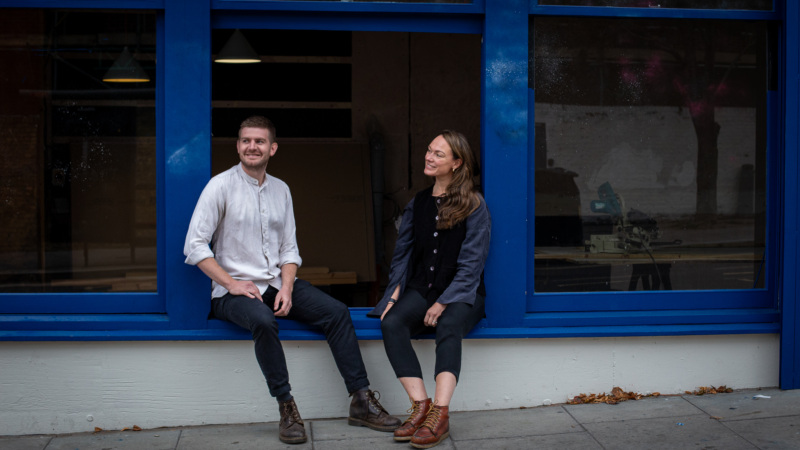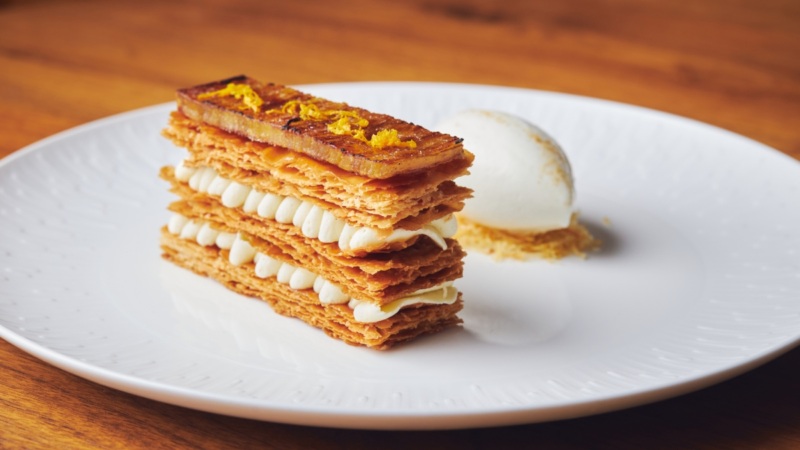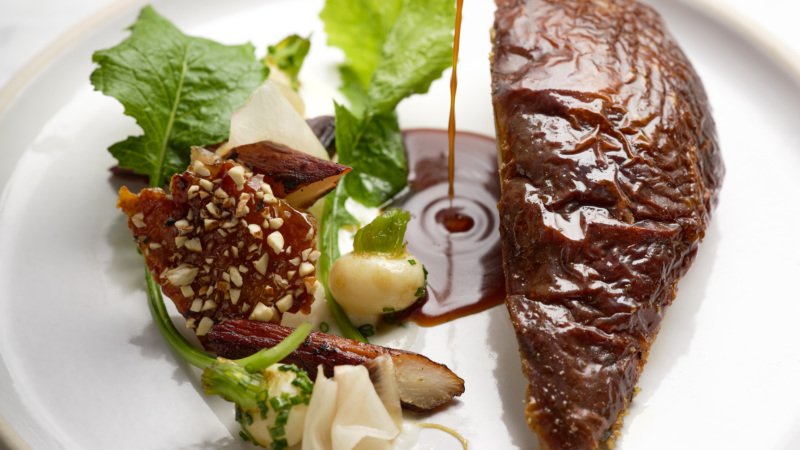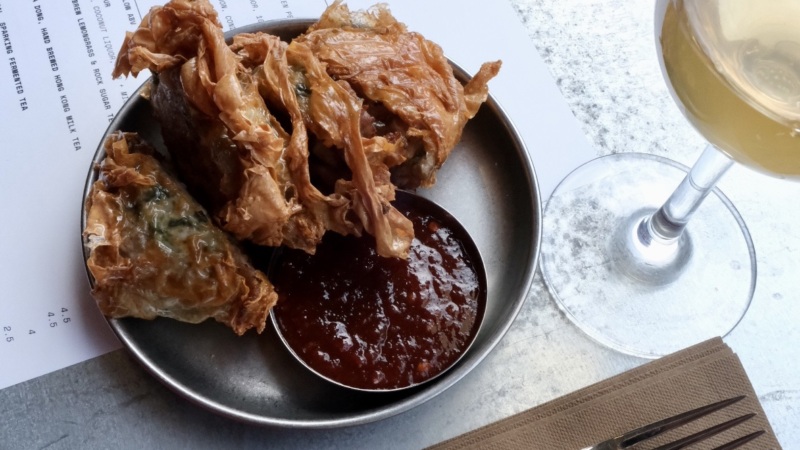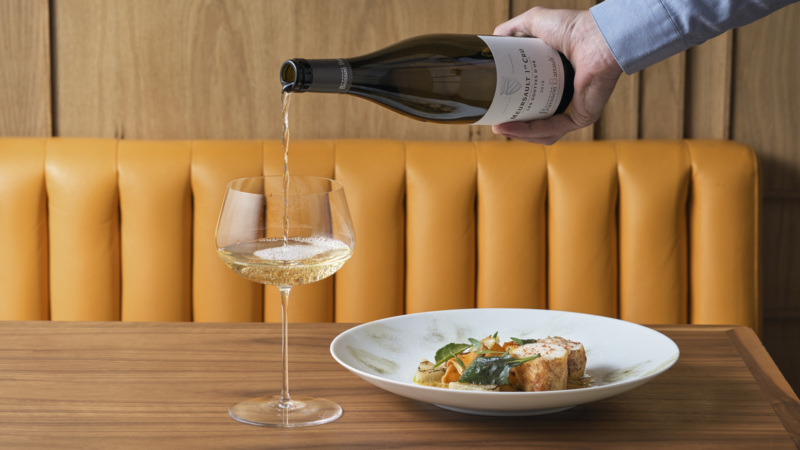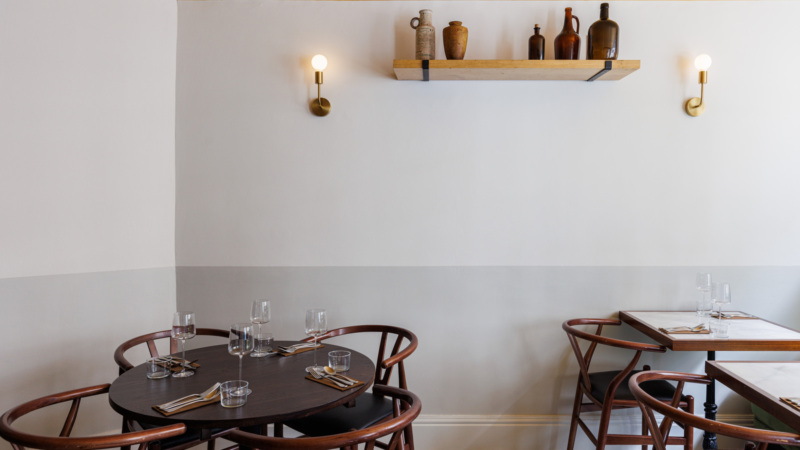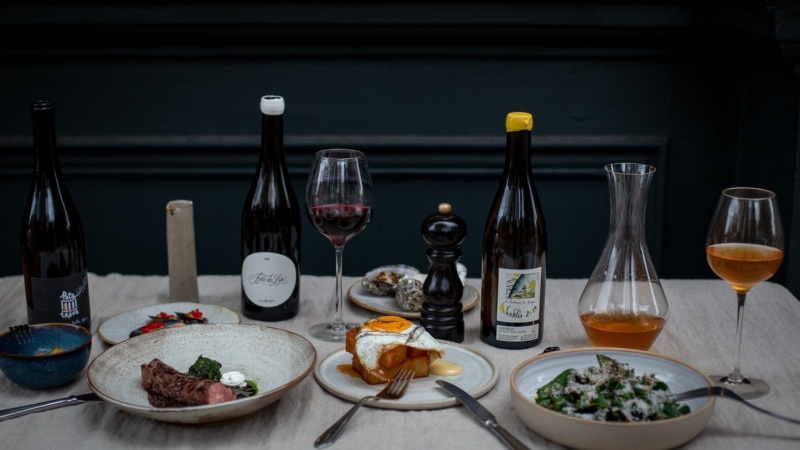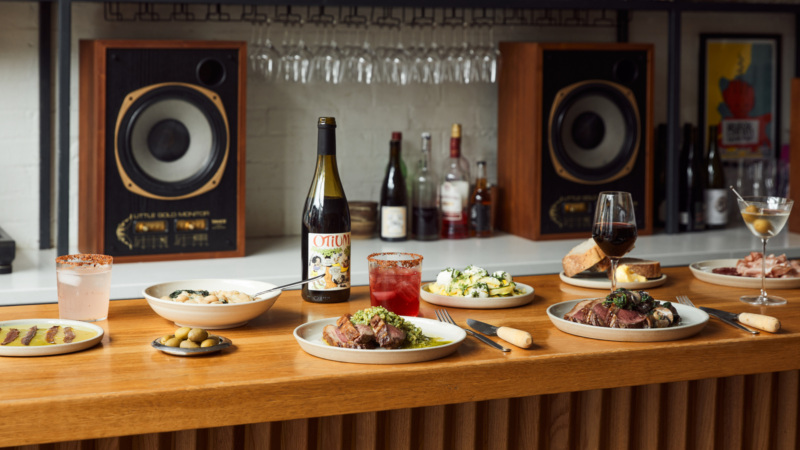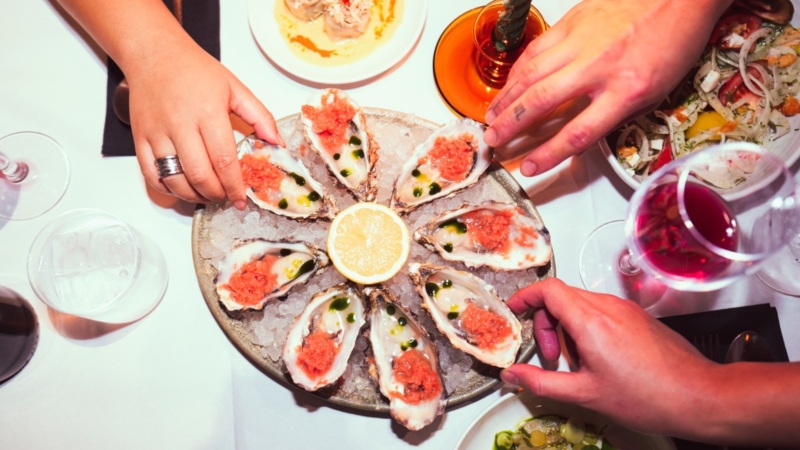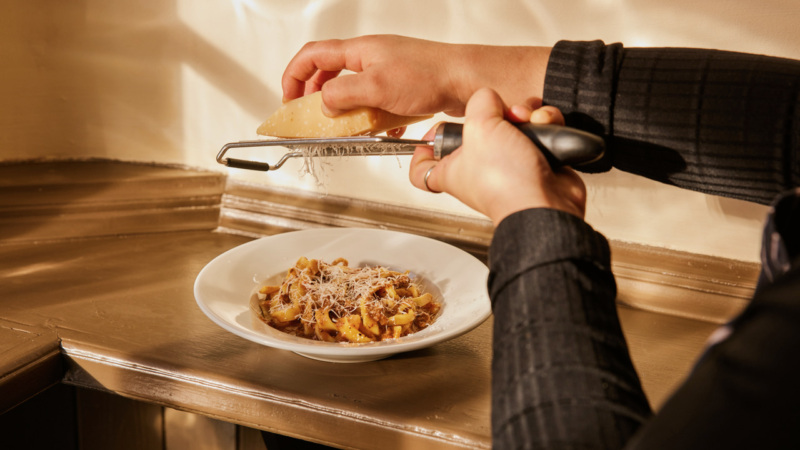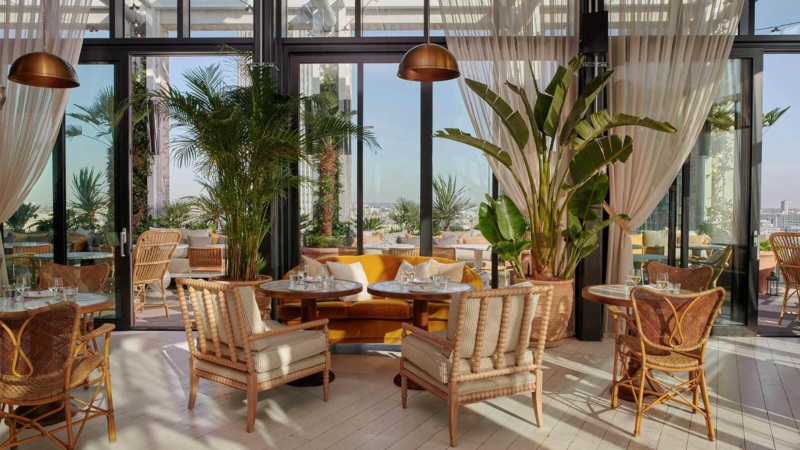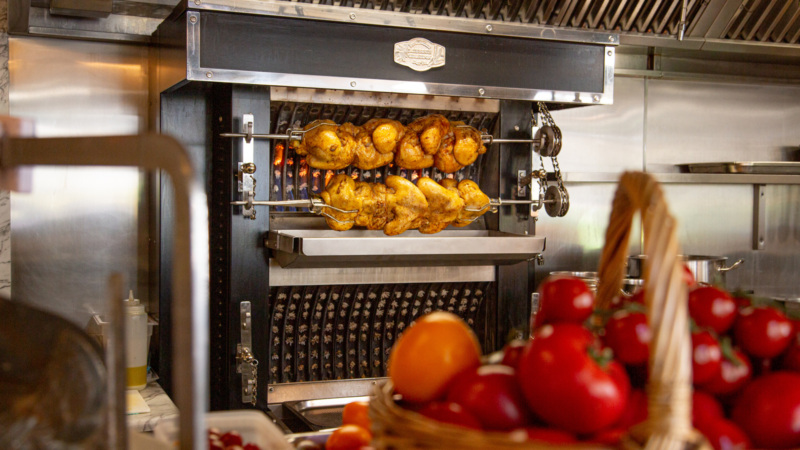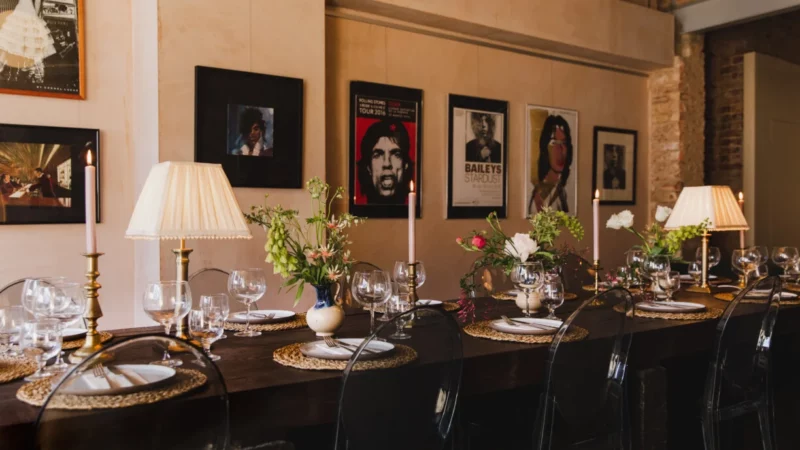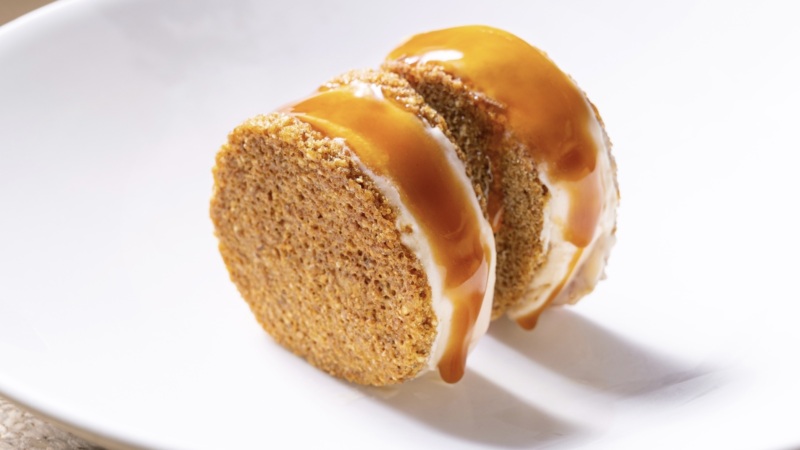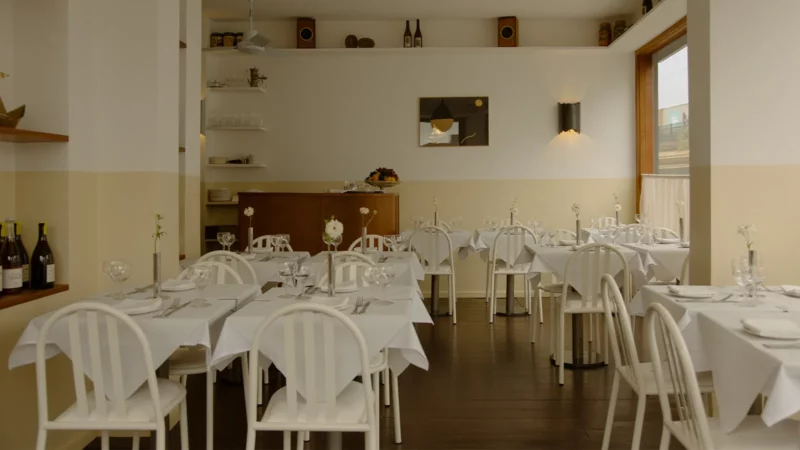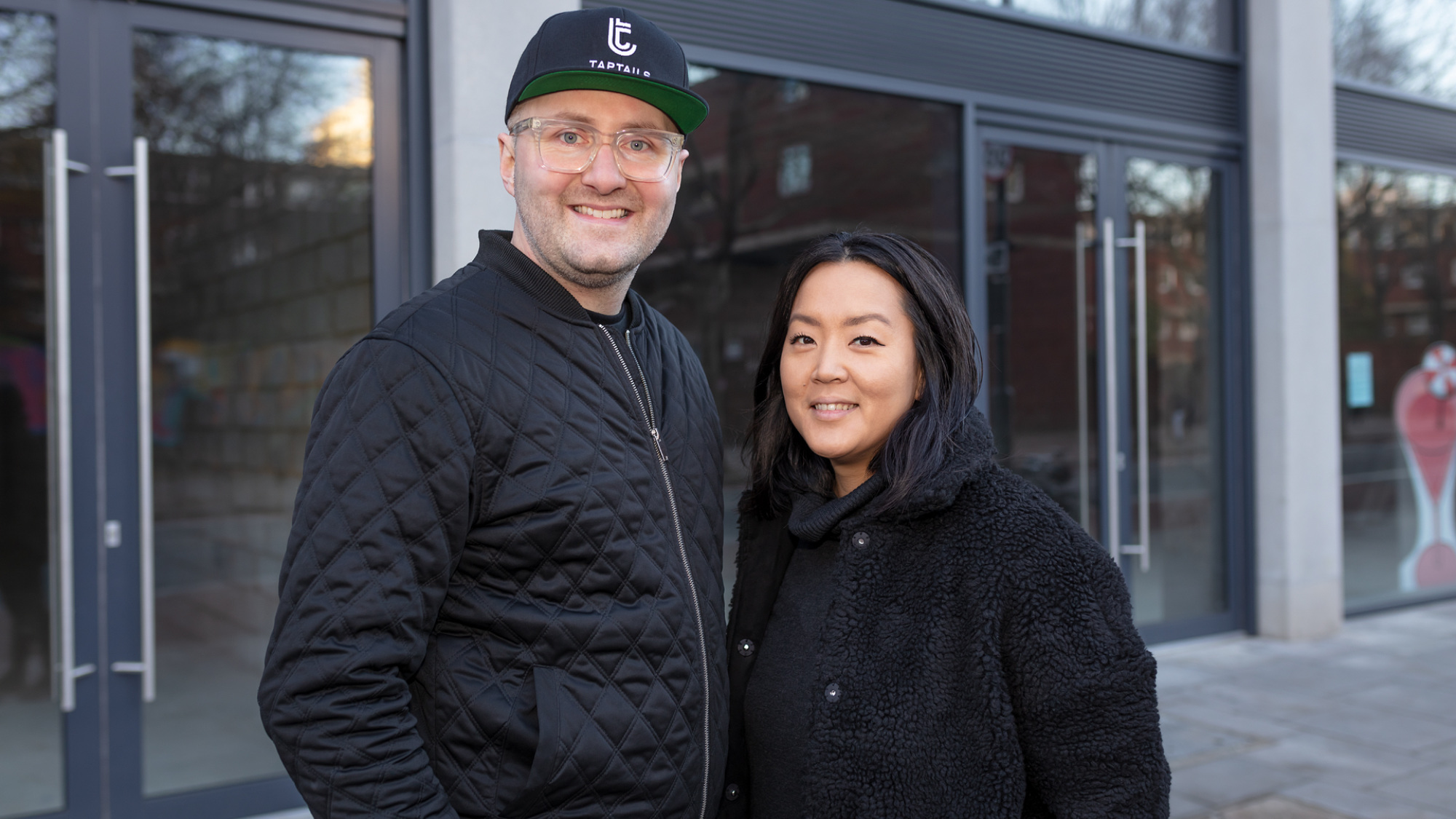
Leading by Example: Monica Berg is changing the way we drink, one cocktail at a time
In June 2019, acclaimed bartender Monica Berg opened Tayēr + Elementary, her first bar, with fellow bartender Alex Kratena on Old Street. Split between the more casual all-day Elementary bar at the front and more experimental Tayēr cocktail bar at the back, the venture is a thrilling addition to London’s drinking and dining scene, and one of 2019’s most anticipated openings. It’s also notable for the reason that bar snacks and a chef’s counter will come courtesy of lauded Chinese-Portuguese duo TĀ TĀ Eatery.
But this is not Monica’s first business and over the course of the last decade, she has developed multiple bar projects and run some of the best bars in Europe. Originally from Oslo, Monica has worked in Greece, Sweden, Norway and the UK and travelled extensively researching and collaborating with people globally.
Monica has run and owned the H.Butlers Bartending School in Oslo and has launched her own liqueur, Muyu, alongside Alex Kratena and Simone Caporale, and founded P(OUR), an educational bartending symposium held annually in Europe, and established in 2016 by along with Alex Kratena, Ryan Chetiyawardana, Jim Meehan, Simone Caporale, Joerg Meyer and Xavier Padovani. Additionally, she helped set up the bar in the Ice Hotel, and was head bartender at Pollen Street Social in Mayfair.
What are you most excited about with Tayēr + Elementary?
To have people come in, use the space and be a part of someone’s life even though they don’t know you. The last few weeks, I’ve been walking around, and it’s made me really happy to see people are living their life. But for this short moment, they are inside our bar, they don’t know anything about the bar, but they enjoy it, they come in for one drink, maybe stay for an extra drink — it’s like wow, it’s really insane to observe.
What do you think are the most important things that guests look for in a bar or restaurant?
A place to get together. At a bar and restaurant you feed people and give them drinks but at the same time, it’s a social meeting place. It’s a place for people to be together. People want to get away from their phones and computers and chat with staff, have meaningful conversations. I think the social aspect of going out is really important. If it wasn’t important you can make your own drinks at home.
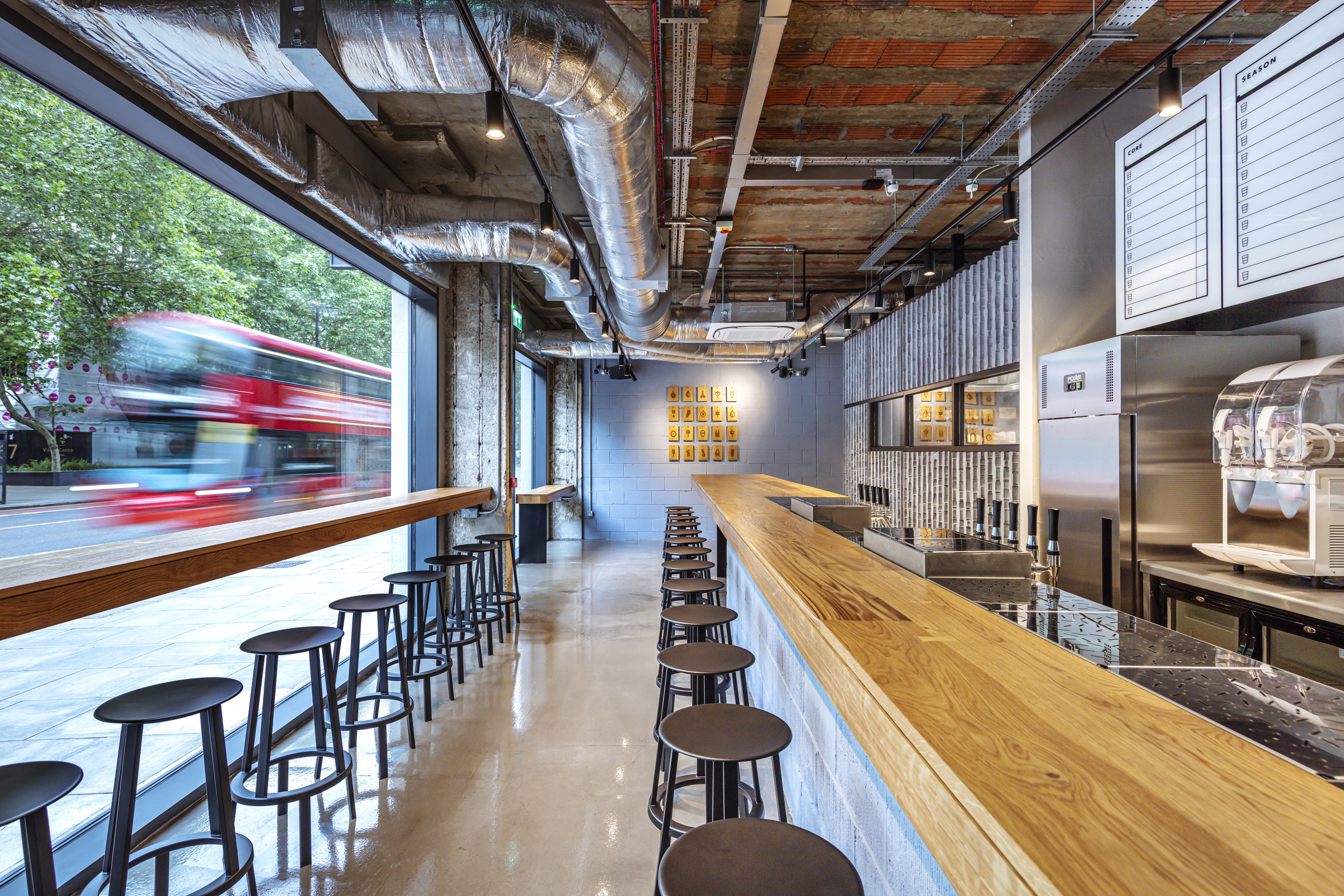
You have set up or run a number of projects and businesses (the cocktail school, P(our), Muyu, Tayēr) — what are the key factors that people should think about when starting a business or project?
Purpose. If something is worth doing, it needs to have a purpose. Passion is great, but passion does not get you anywhere by itself. Structure, commitment and willingness to work hard, even if you’re tired — that’s where you make a difference.
An example of this is working on something like P(OUR). As a non-profit educational platform for the industry, everything is based on voluntary work and there is no glamour. At the end of the day, you’re the one cleaning the toilets, booking flights etcetera — but the purpose behind it is what makes it worthwhile.
The first business you owned was the cocktail school H.Butlers Bartending School [H.Butler was a fictional character created by the original owners] in your early 20s – what was the biggest lesson you learnt during that time?
It taught me a lot about risks — I think you should always take risks. As I’ve got older, I’ve taken more calculated risks, but when I was younger I took more stupid ones. You have to be adventurous, you have to be willing to change and move, otherwise it’s boring.
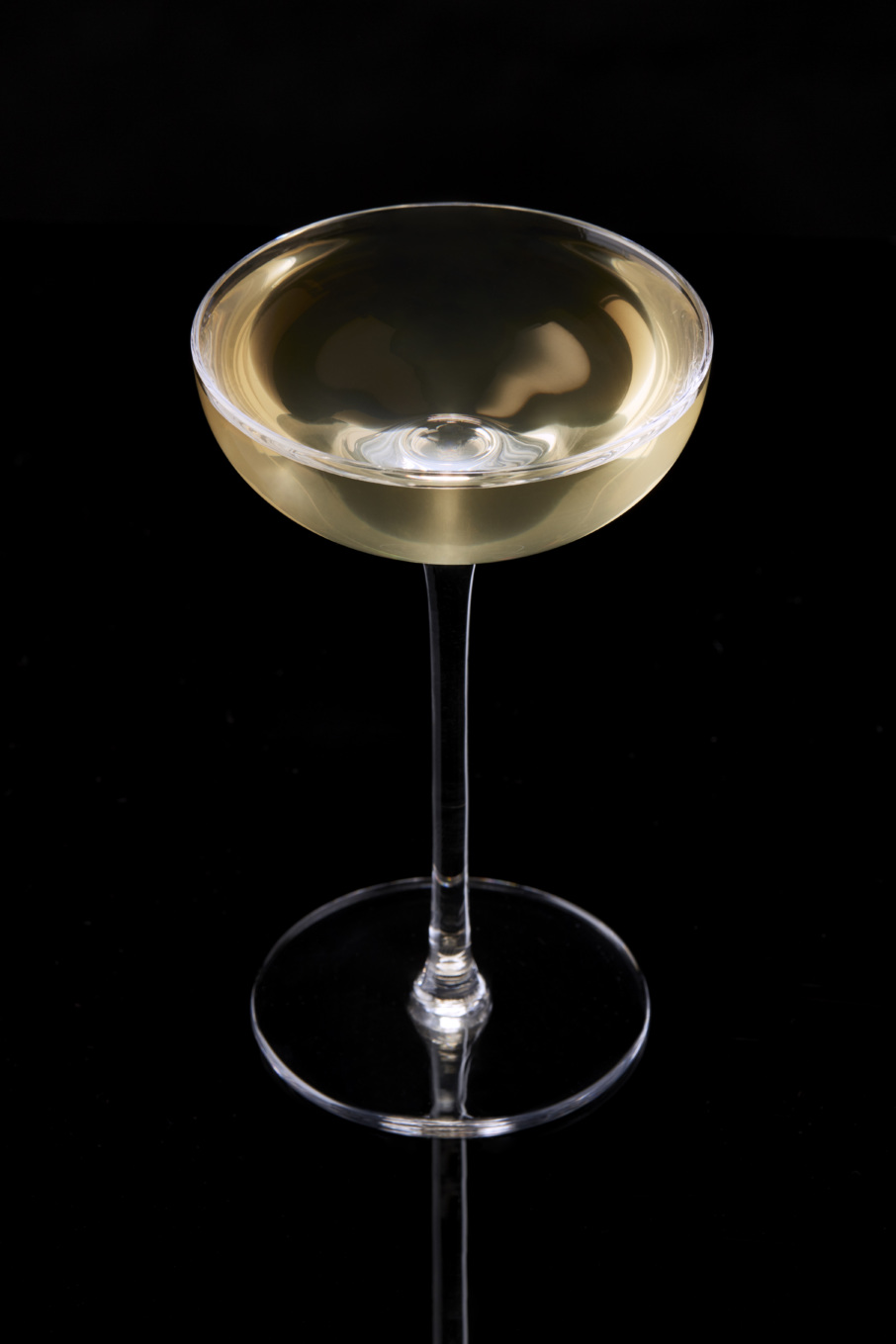
How did running a school impact the way you viewed the industry?
It gave me a deep-rooted rooted belief in education. Education in the sense of giving people information, giving people skills, giving them a potential future — that it’s not driven by you but driven by them.
You have to look at the motivation for educating people — if it’s about building your own brand, building your own ego, it is the wrong motivation. It should be about identifying people’s strengths. A lot of good people who came through the bartending school who had had challenging backgrounds, they had never been very successful in traditional school systems. However, because bartending is a different kind of profession, where it’s about having social skills, you see them flourish.
When I hire someone, I always go for the underdog, I go for people who aren’t the obvious choice, because working with people in that way you gain so much more. For the young people to have someone who believes in them, and probably at some point believes in them more than they believe in themselves, it will change their spirit — not just in their career.
Yes, we are strict on our team — we ask a lot but we only do it because we believe they can do it. We would never ask them to do things that we wouldn’t.
What are some of your biggest challenges at work?
I am not always confident. With Tayēr + Elementary for example, we’ve built it, but what if no one comes? If ten people liked something but one person said they didn’t, I’ll get very focused on that negative thing.
On a personal note, I’m not naturally social. I have to push myself to be social. I like to be part of a group and observe people. That’s why I wanted to be a bartender, the mark of a great night was that people didn’t notice you were there but you could contribute by making a great drink — you get to be a part of someone’s good night out.
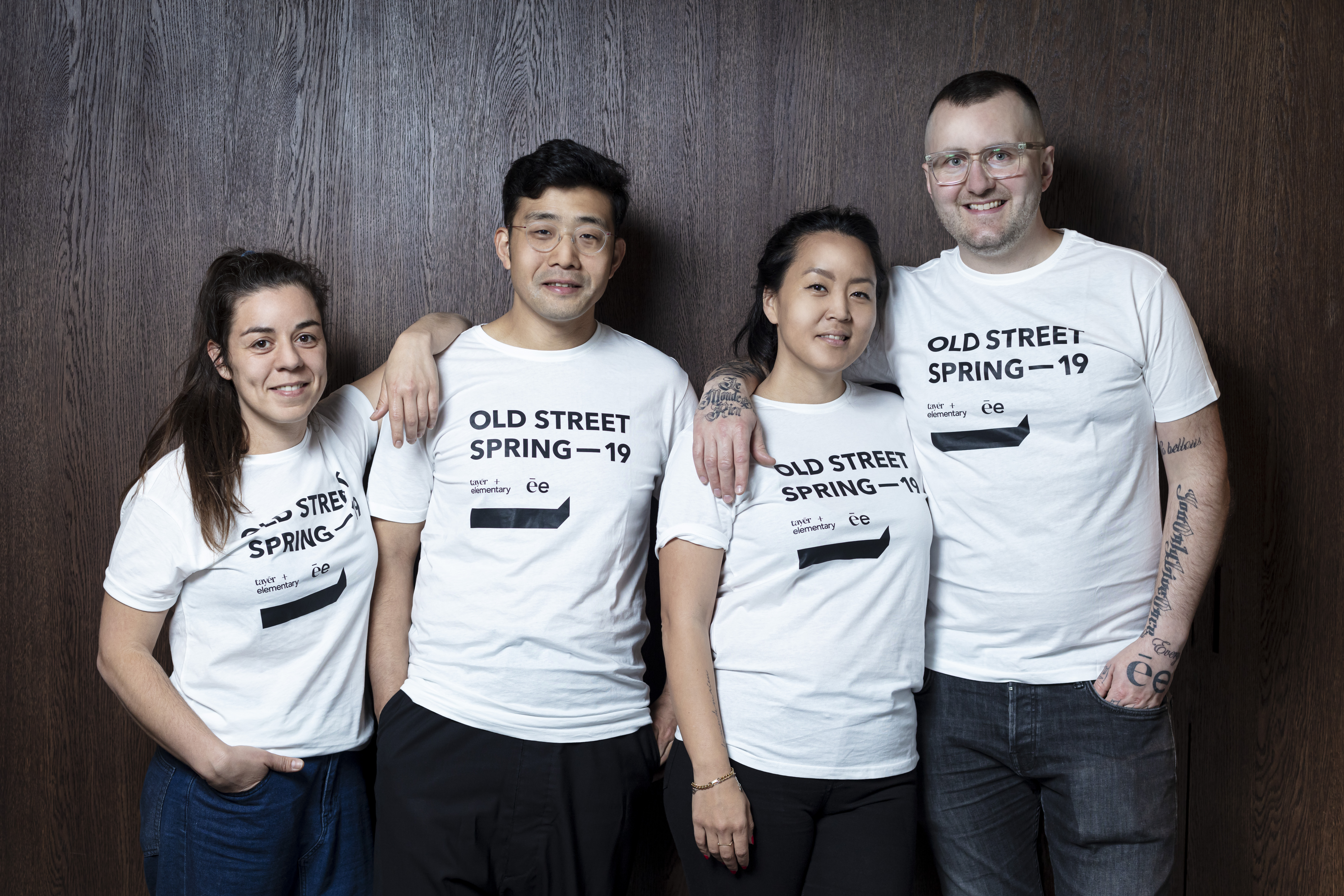
Muyu [Berg’s liqueur brand] took time to come together – how important has taking time been for you over your career?
I’m very impatient, so the whole process in creating Muyu and Tayēr has taught me more patience. When I decide something, I expect it to be done yesterday. This process has taught me to understand that time is a factor, it’s also an active ingredient.
Some of the ingredients we use in Muyu are so precious, they need time to settle. When we make the soap for the bar [Tayēr + Elementary], the first few days it takes time to settle. On the first day, you’re freaking out because it does not smell that nice, and you realise you need to work two weeks ahead. Understanding the importance of time comes with experience and age.
What pushed you to start P(our)?
Two things — the urge to make a difference, and education.
One of the problems with our industry is that there is no formalised education that is globally recognised. Also, I think because of the stigma that bartenders are always drinking and partying and having a good time, no one has questioned the level of education or the level of objective education. All the brands will be happy to come in and train you according to their brand goal, but what we need is independent objective knowledge.
What we want to do with P(OUR) is to build upon this idea that you can work in a bar, but you can still be a thinker, you can still have a great vision and ideas and be intelligent.
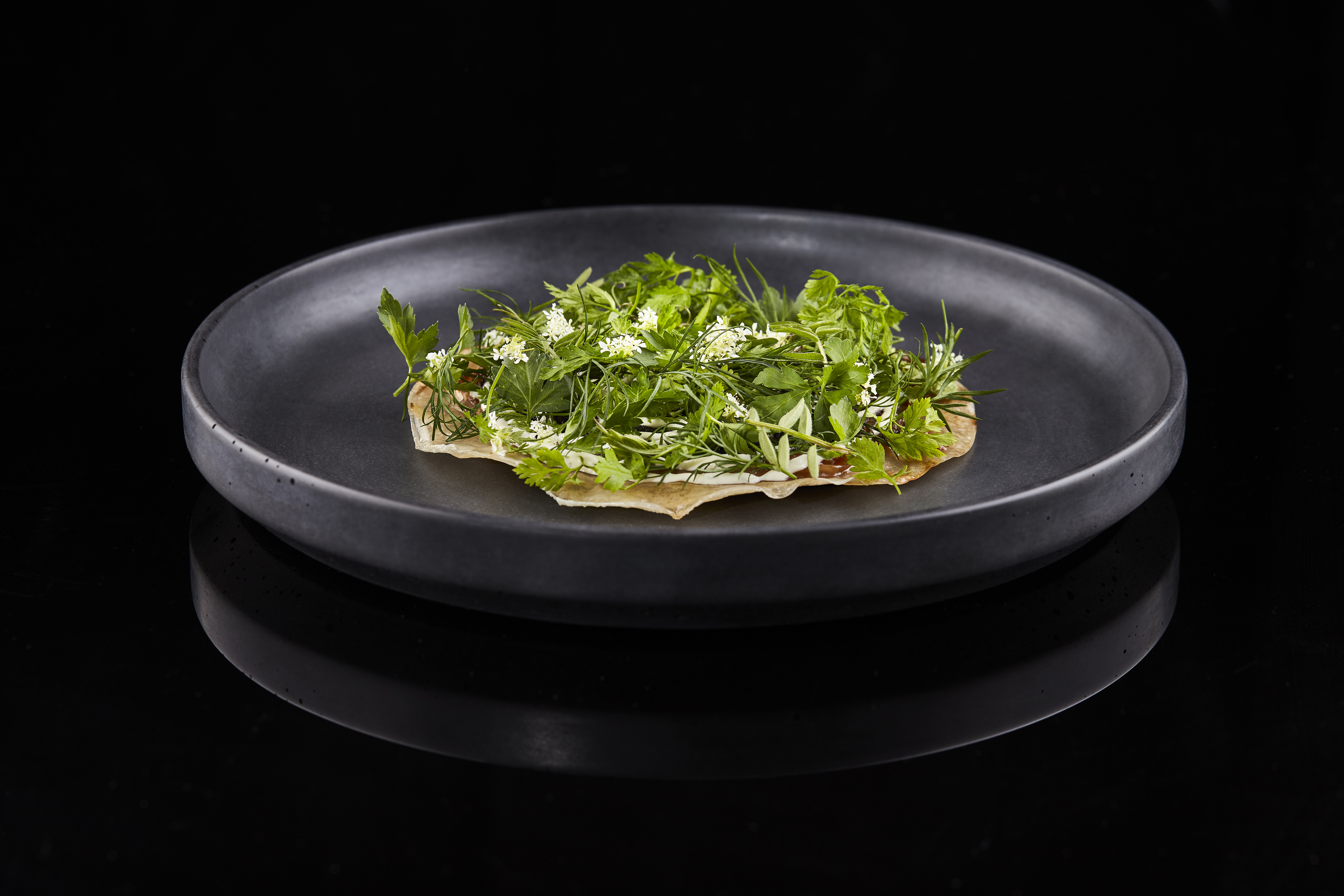
For the more practical side of the industry, we wanted to also take responsibility in looking at the ingredients that we use and the communities that produce it and help give back.
I think the goal for P(OUR) is to grow and become something more than the people involved, for people to take it as their own. I would love for it to become financially viable, so we can have a small organization and have people can work on it full time. I hope it will continue to be a source of inspiration for bartenders.
What is the most important thing the bar industry should be thinking about at the moment?
The future, but not trends — how can we set up the industry in the best possible way for those following us? We need to make sure that we don’t hurt ourselves by taking too many shortcuts.
Tayer and Elementary is open now.

